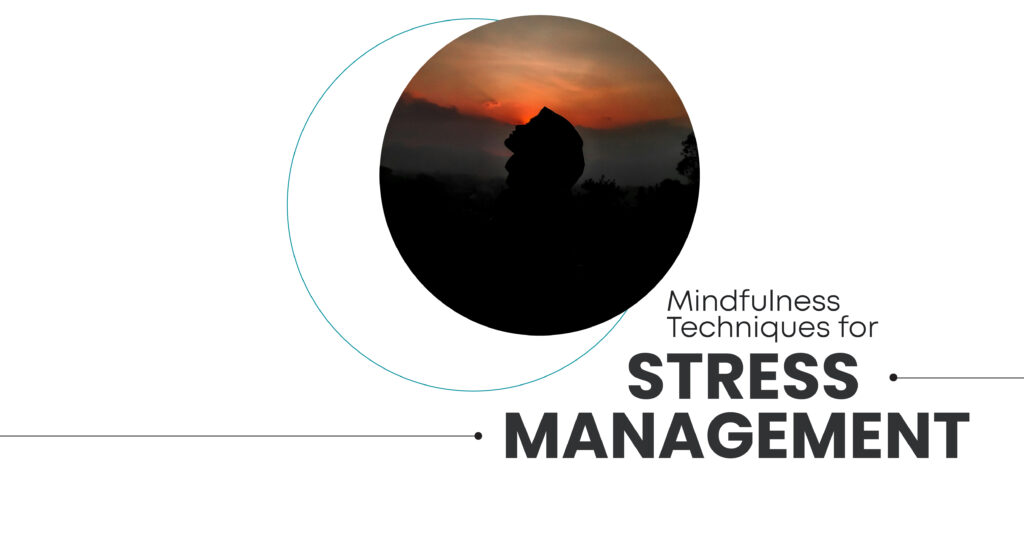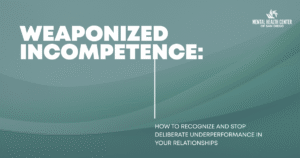In today’s fast-paced world, stress has become a ubiquitous part of everyday life. In California, the pressures of urban living, high costs, and the hustle of Silicon Valley contribute significantly to daily stress levels. As a result, many Californians are experiencing negative effects on both their mental and physical health, including increased heart rate, chest pain, and even shortness of breath. Thankfully, mindfulness techniques offer a powerful remedy for managing psychological stress. This blog post delves into various effective stress management techniques, ensuring you have the tools to live a calmer, more balanced life.
What is Mindfulness?
Mindfulness is the practice of being fully present in the moment without judgment. It involves awareness of your thoughts, feelings, and surroundings. Research from institutions like the National Center for Complementary and Integrative Health highlights mindfulness as an effective way to build inner strength, reduce stress, and improve overall well-being. It can even help manage chronic stress-related problems such as chronic pain patients and congestive heart failure.
Mental Health Center of San Diego
Why is Mindfulness Important for Stress Management?
Stressful situations can trigger the body’s stress response, commonly known as “fight-or-flight.” Prolonged activation of this response can lead to chronic health issues like high blood pressure, heart disease, and acute heart attack. Mindfulness-based stress reduction (MBSR) techniques help mitigate these effects of stress by promoting relaxation, improving emotional regulation, and reducing the physiological impact of stress.
Popular Mindfulness Techniques for Stress Management
- Breathing Exercises
Deep Breathing is a simple yet powerful technique. Intentional breathing activates the parasympathetic nervous system, which helps initiate the body’s relaxation response. Here’s a simple practice:
Deep breathing exercises are an excellent way to combat acute stress and improve blood flow.- Step 1: Sit in a comfortable position and observe your natural breath.
- Step 2: Place one hand on your chest and the other on your belly. Breathe normally and notice which hand rises more.
- Step 3: Focus on deep breaths into your chest, then your belly, then both.
- Step 4: Combine the breaths into a smooth, continuous flow.
- Body Scan Meditation
This technique involves mentally scanning your body from head to toe, noticing any sensations without judgment. It’s especially helpful for managing physical symptoms of stress such as abdominal pain and arm pain.- Step 1: Lie down in a comfortable chair with your arms at your sides.
- Step 2: Focus on your breathing, then shift your attention to your toes, gradually moving up your body.
- Step 3: Acknowledge any sensations, tension, or discomfort as you go.
- Sitting Meditation
Sitting meditation is a foundational mindfulness practice, particularly beneficial for managing anxiety sensitivity.- Step 1: Sit comfortably with a straight back, hands in your lap.
- Step 2: Focus on your breath, noticing the rise and fall of your abdomen.
- Step 3: If your mind wanders, gently bring it back to your breath.
- Walking Meditation
Walking meditation combines mindfulness with movement, offering a stress reliever for those who prefer a more active practice.- Step 1: Find a quiet place and start walking slowly.
- Step 2: Focus on the sensation of your feet touching the ground.
- Step 3: Notice your surroundings and your body’s movements.
- Mindfulness-Based Stress Reduction (MBSR)
Mindfulness-based stress reduction programs, like those developed by Jon Kabat-Zinn, integrate mindfulness meditation and yoga.- Step 1: Participate in guided sessions and practice at home.
- Step 2: Engage in mindful movement and daily meditation practices.
- Step 3: Reflect on your experiences and integrate mindfulness into daily life.
Mental Health Center of San Diego
Benefits of Mindfulness for Stress Management
Mindfulness practice offers numerous benefits for stress management, particularly for chronic pain patients and those experiencing depressive symptoms:
- Improved Emotional Regulation
Mindfulness helps you become more aware of your emotions, allowing you to respond rather than react to challenging situations. This can reduce anxiety sensitivity and enhance your relationships, contributing to positive self-talk during stressful times. - Enhanced Physical Health
Regular mindfulness practice can lower blood sugar levels, improve sleep, and boost immune function. It also helps reduce inflammation, a common response to excessive stress. Regular exercise, when combined with mindfulness, can further enhance these benefits. - Increased Focus and Productivity
Mindfulness enhances your ability to concentrate, making you more efficient in your daily tasks. This increased focus can reduce the feeling of being overwhelmed and is particularly useful in a busy office or other high-stress environments like Silicon Valley.
The Importance of Mindfulness in California
California, with its dynamic lifestyle and high-pressure environments, sees a significant number of residents turning to mindfulness for stress relief. The tech-driven culture of Silicon Valley, the entertainment industry’s demands in Los Angeles, and the general hustle of urban centers make mindfulness not just beneficial but essential for mental health and well-being. Many Californians, including public figures like Ashley Long, have endorsed the use of mindfulness for its therapeutic effects.
Mindfulness programs in schools and workplaces are gaining traction as part of a larger effort to reduce stress levels. Behavioral therapy and yoga classes are often recommended as part of a comprehensive plan of action for stress management. Practitioners are also incorporating rhythmic exercise and progressive muscle relaxation techniques for added relief.
Mental Health Center of San Diego
Conclusion
Mindfulness techniques offer a practical and effective way to manage stress. Whether through deep breathing, meditation, or structured programs like MBSR, incorporating mindfulness into your daily routine can lead to significant improvements in both mental and physical health. For Californians, where the pace of life can be particularly intense, mindfulness provides a much-needed respite and a path to greater well-being.
Start small with relaxation techniques, and gradually build a more mindful lifestyle. Whether you’re in a busy office or dealing with chronic heart failure, the benefits of mindfulness are far-reaching. Your body and mind will thank you.














